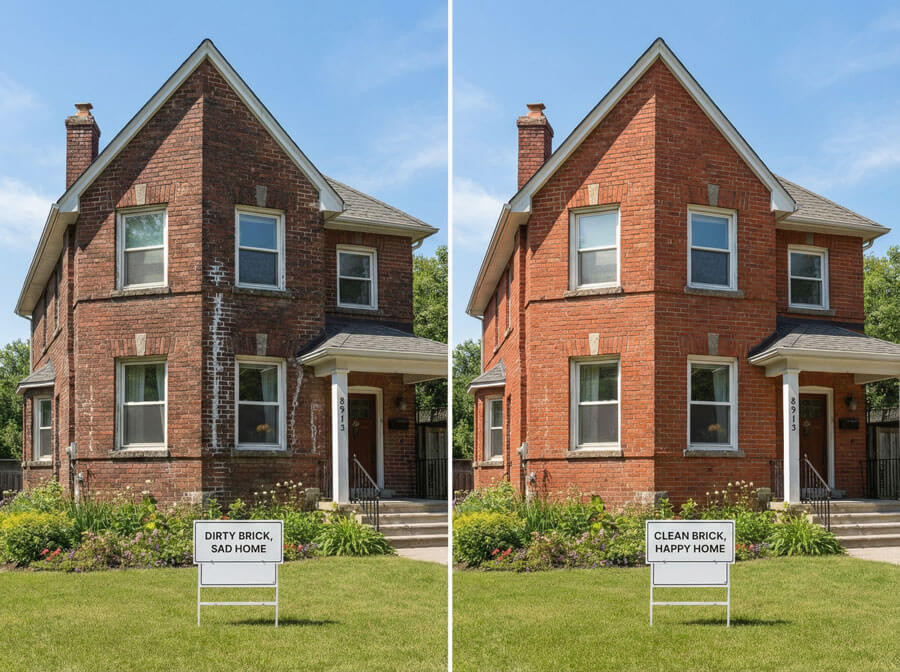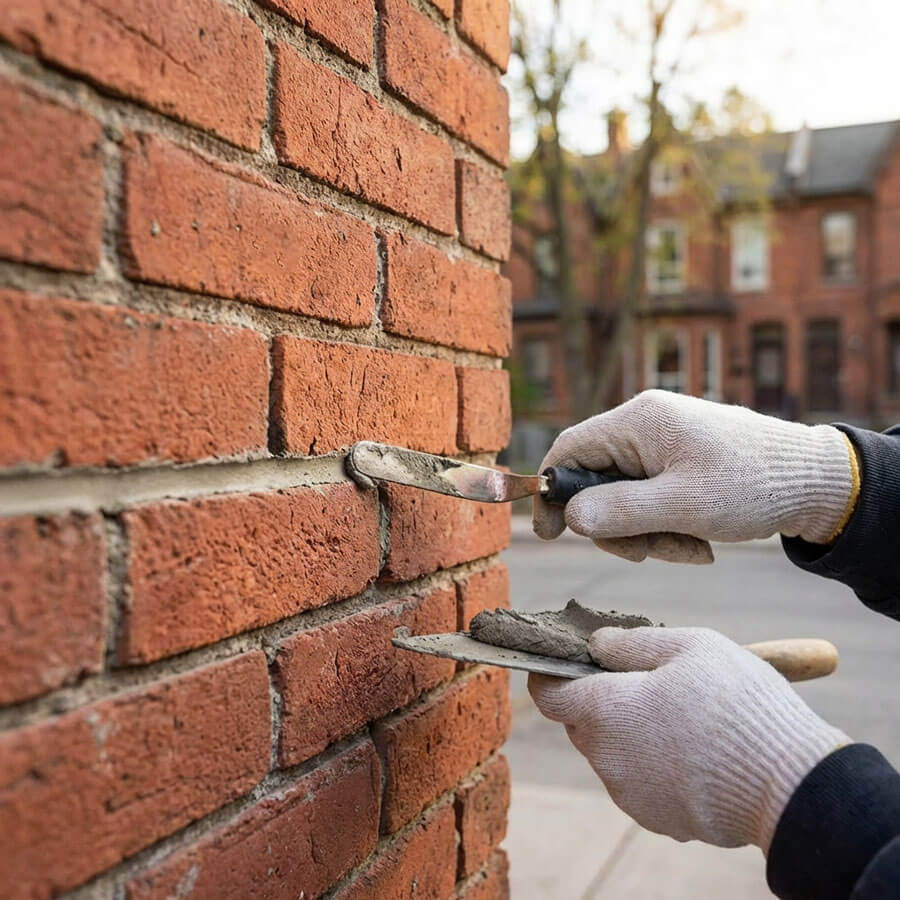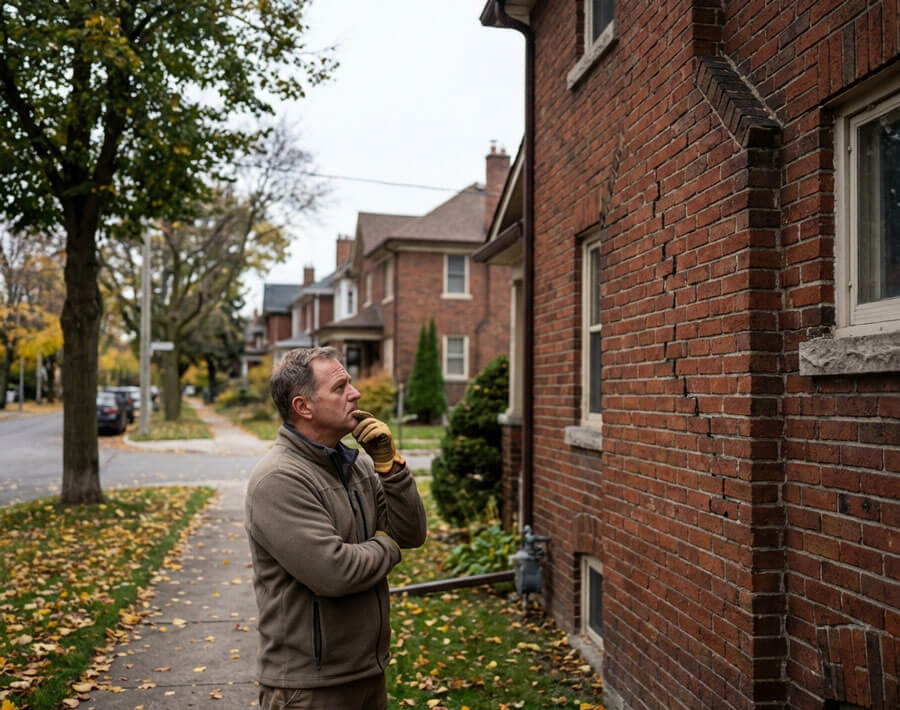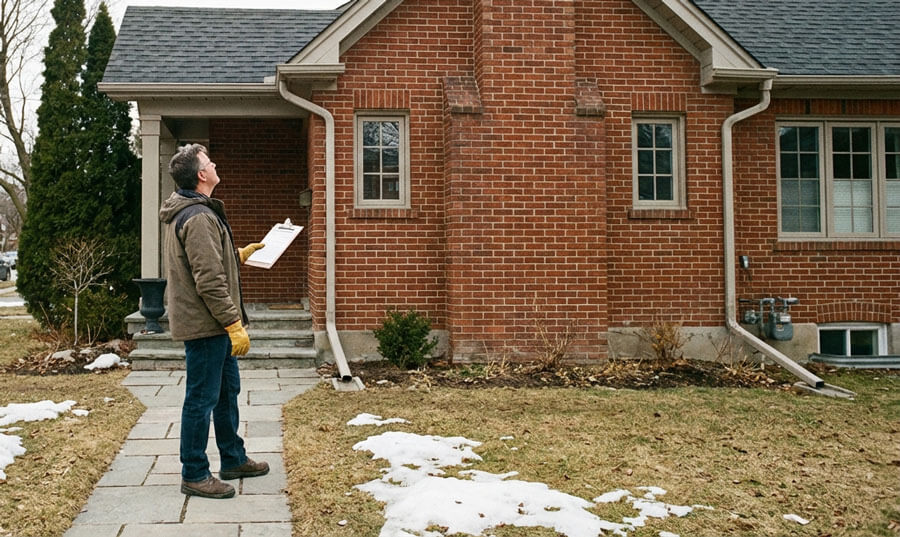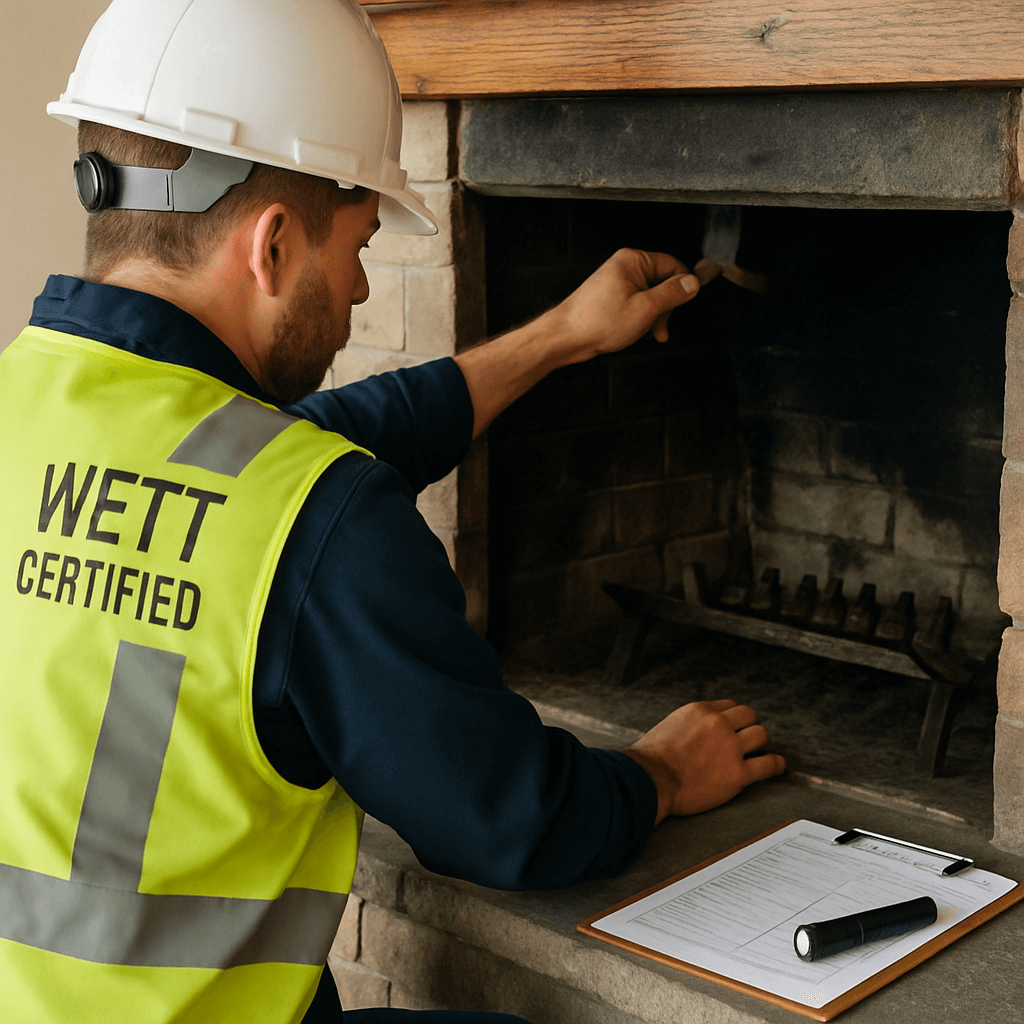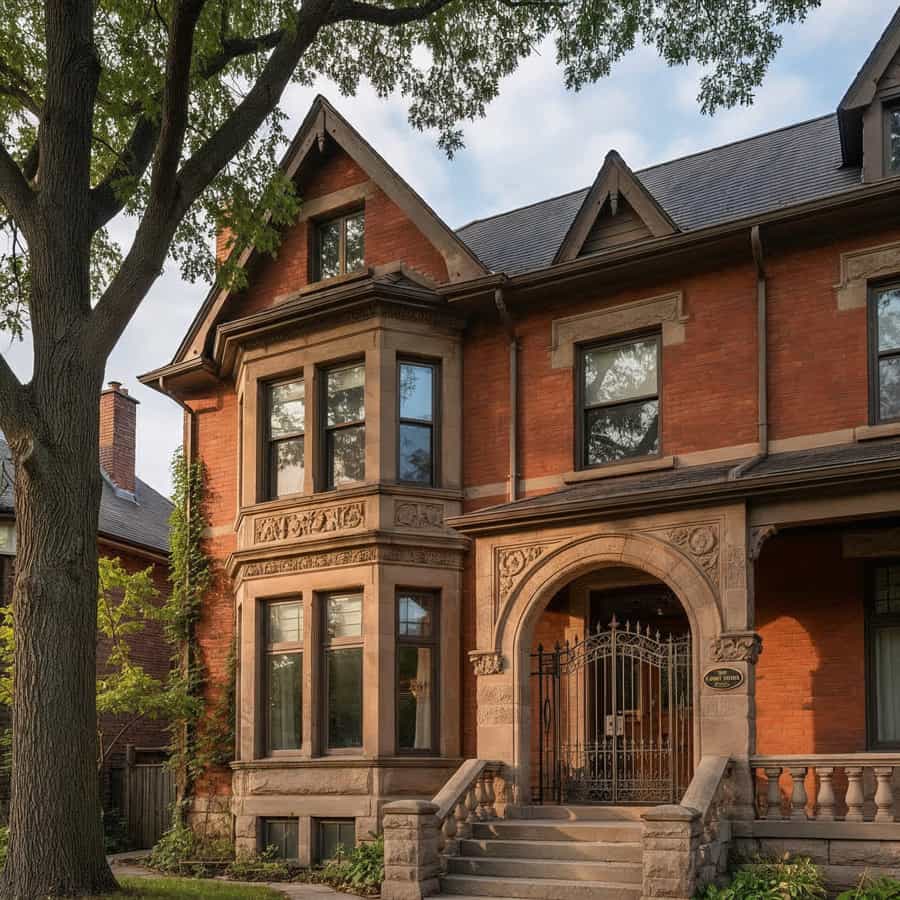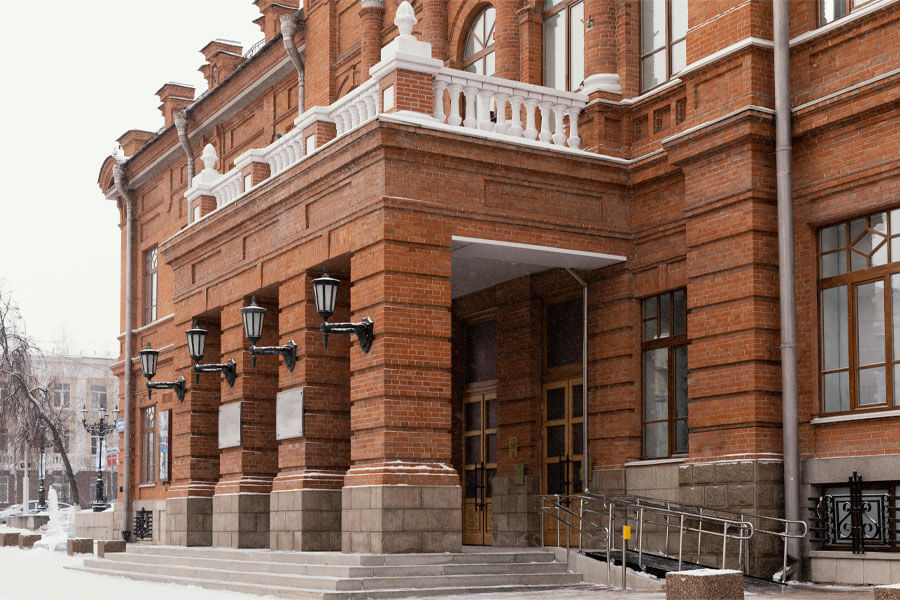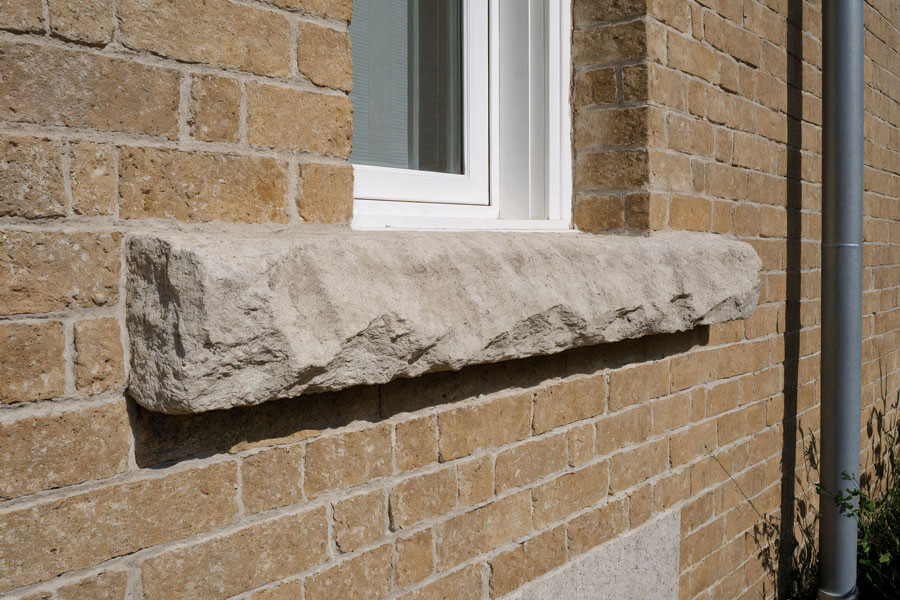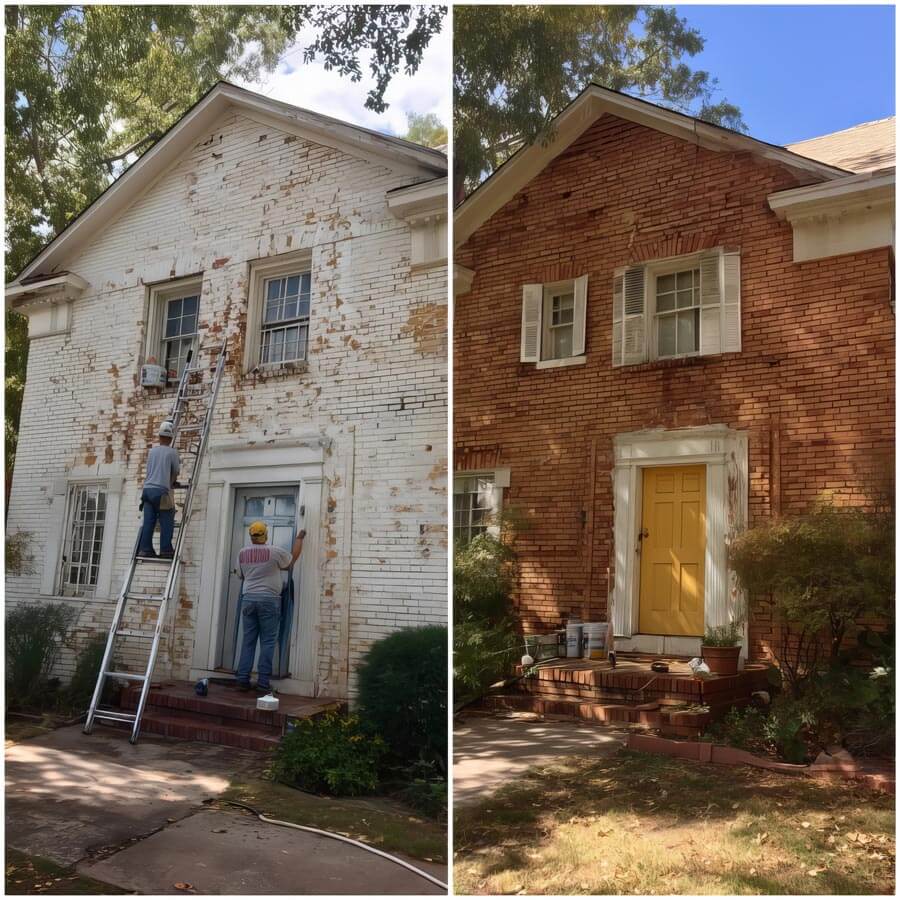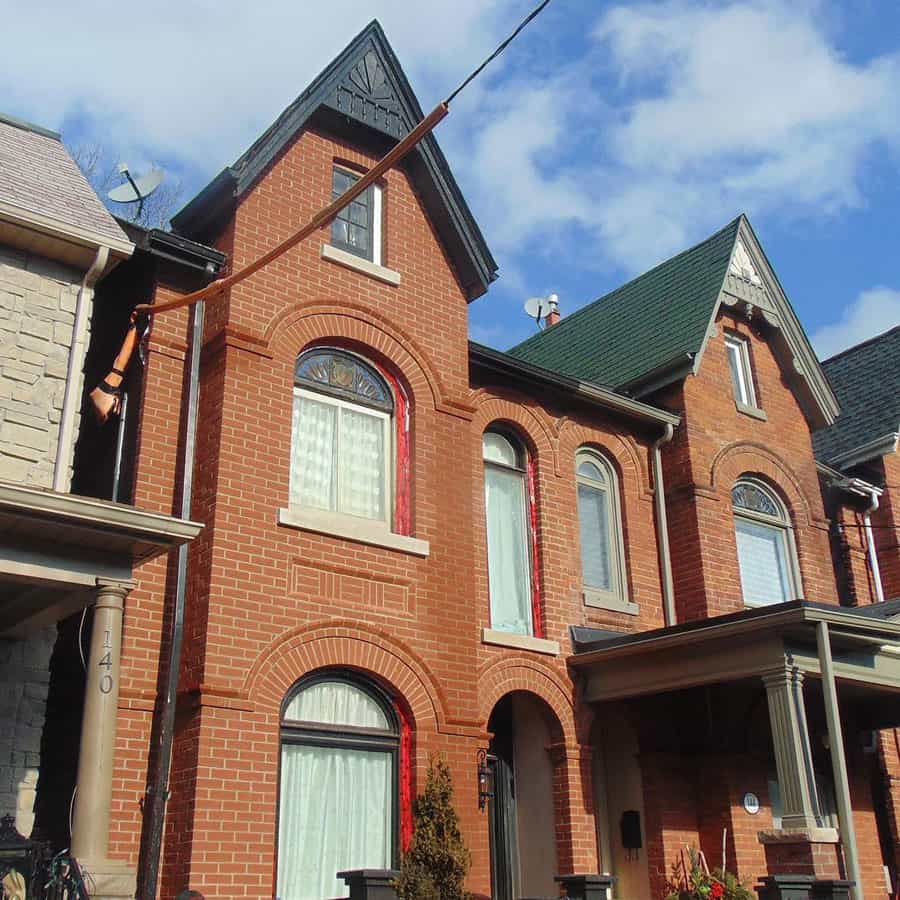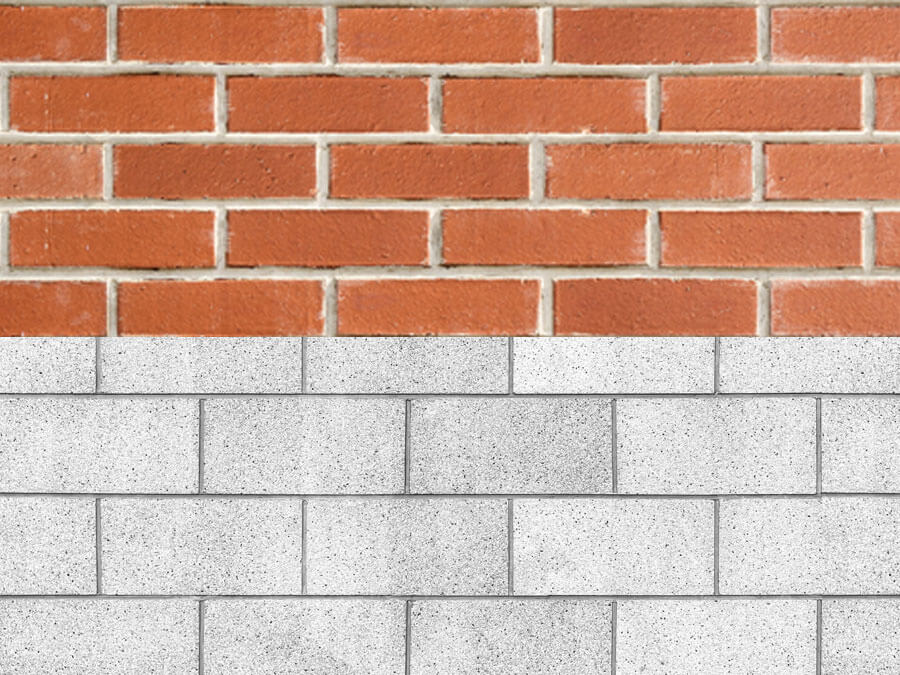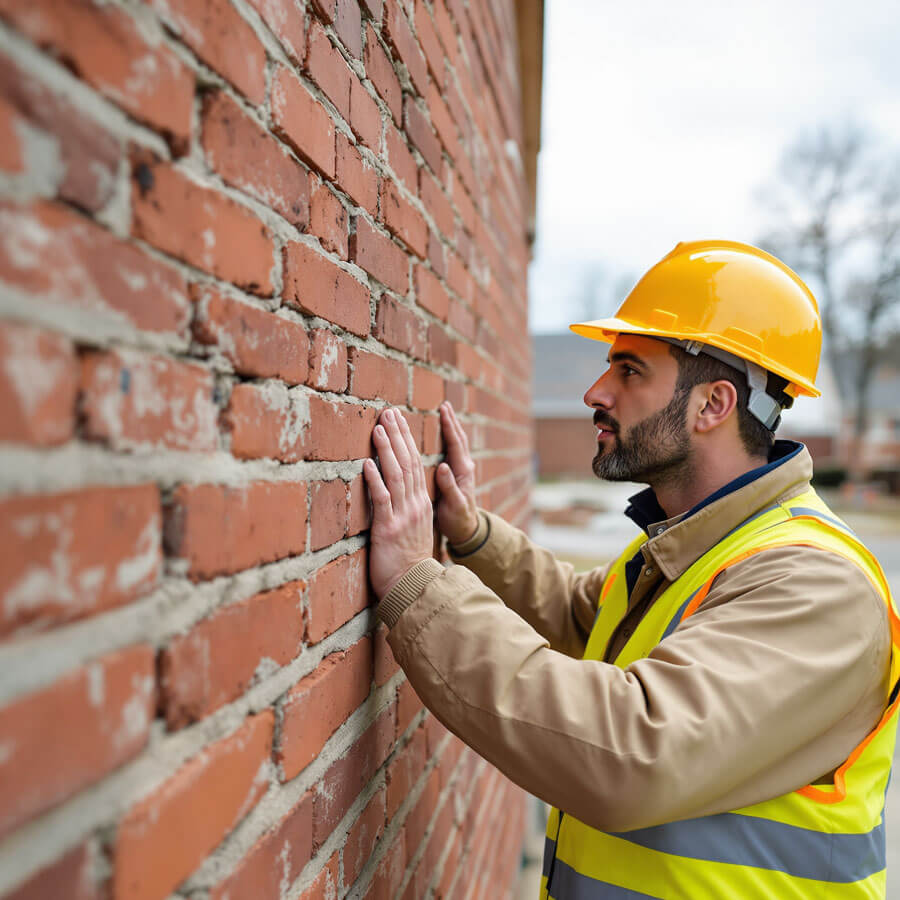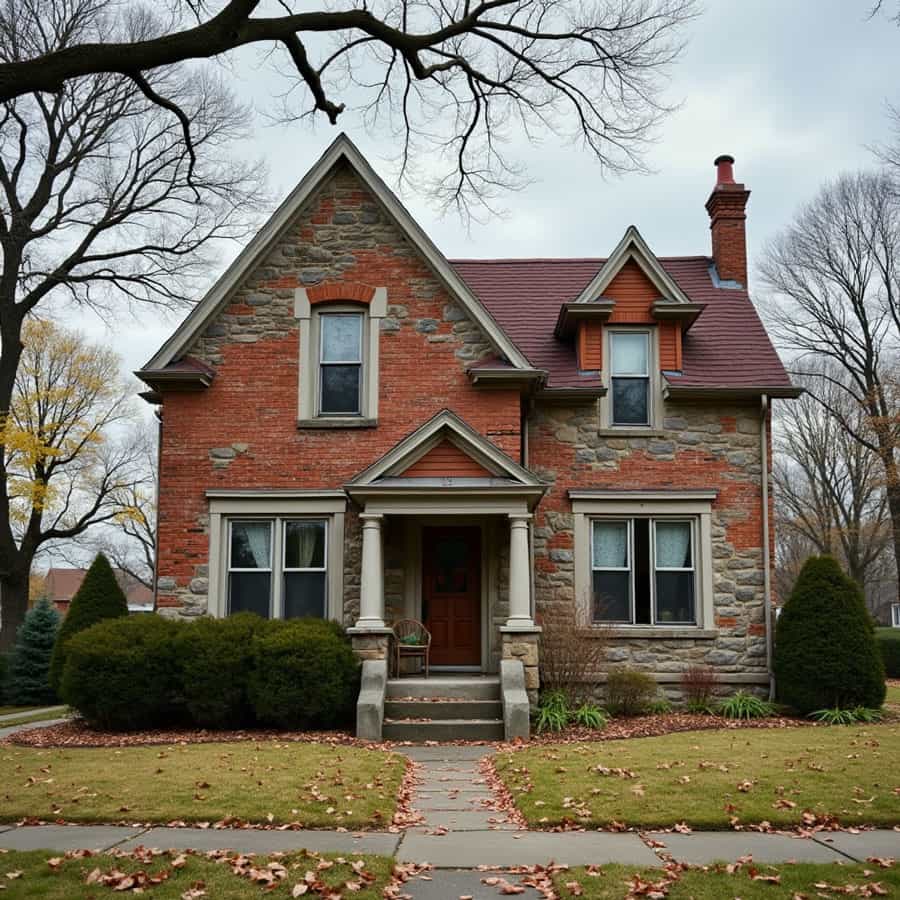Are you looking to boost the value of your property and enhance its overall appeal? Look no further than masonry restoration. Whether you own a historic building or a modern property, investing in masonry restoration can have a significant impact on your property’s value.
Masonry restoration involves repairing and restoring various masonry elements, such as brickwork, stone, and concrete, to their original condition. Not only does it improve the structural integrity of your property, but it also adds to its aesthetic charm.
By preserving the unique character and craftsmanship of your building, masonry restoration can attract potential buyers or tenants and help you command a higher selling or rental price. Furthermore, it demonstrates your commitment to maintaining the property, which can instill confidence in prospective buyers or tenants.
In this article, we will explore the various benefits of masonry restoration and how it can increase your property value. From improved curb appeal to increased energy efficiency, masonry restoration offers a range of advantages that make it a smart investment for any property owner.
So, if you’re ready to enhance your property’s value and make a lasting impression, let’s dive into the world of masonry restoration and unlock its potential for your property.
Understanding the importance of property value
Property value is a crucial factor that determines the overall worth of a real estate asset. It not only reflects the current market conditions but also serves as a significant indicator of a property’s potential for growth and investment opportunities. As a property owner, understanding the importance of property value is essential, as it can directly impact your financial well-being and future plans.
One of the primary reasons why property value is so important is its direct correlation to the owner’s equity. The higher the property value, the more equity the owner can accumulate, which can be leveraged for various purposes, such as securing loans, financing home improvements, or even selling the property at a favorable price. Conversely, a decline in property value can result in a decrease in equity, making it more challenging to access financial resources or even leading to underwater mortgages.
Moreover, property value is a crucial factor in determining the overall wealth and financial stability of a property owner. A property with a higher value is generally considered a more valuable asset, which can contribute to the owner’s net worth and provide a sense of financial security. Conversely, a property with a lower value may limit the owner’s ability to build wealth and potentially impact their long-term financial planning.
The role of masonry in property value
Masonry, which includes brickwork, stonework, and concrete, plays a vital role in determining the value of a property. Masonry is not only a structural component but also a significant contributor to a property’s aesthetic appeal and overall condition.
Well-maintained and high-quality masonry can enhance the curb appeal of a property, making it more attractive to potential buyers or tenants. Conversely, deteriorating or damaged masonry can detract from a property’s visual appeal, potentially leading to a lower perceived value.
In addition to aesthetic considerations, the structural integrity of a property’s masonry is also a crucial factor in determining its value. Masonry that is in good condition, with no signs of cracking, crumbling, or water damage, is a strong indicator of a well-maintained and structurally sound property. This can provide potential buyers or tenants with a sense of confidence in the property’s stability and long-term viability, ultimately increasing its perceived value.
Common masonry issues affecting property value
While masonry is a durable and long-lasting building material, it is not immune to various issues that can arise over time. These issues, if left unaddressed, can have a significant impact on a property’s value.
One of the most common masonry issues is water damage, which can lead to a variety of problems, such as spalling, efflorescence, and structural instability. Water intrusion can cause the masonry to deteriorate, leading to unsightly and potentially hazardous conditions that can negatively impact a property’s value.
Another common issue is structural cracking, which can be caused by a variety of factors, including foundation settlement, soil movement, or even natural disasters. Structural cracks in masonry can compromise the overall structural integrity of a property, making it less appealing to potential buyers or tenants and potentially reducing its value.
Mortar deterioration is another masonry issue that can affect property value. Over time, the mortar between bricks or stones can become worn, cracked, or even missing, compromising the structural stability of the masonry and creating an unsightly appearance. This can be a significant concern for historic properties or buildings with intricate masonry work.
Benefits of masonry restoration
Investing in masonry restoration can provide a range of benefits that can positively impact a property’s value. One of the primary benefits is the improvement of the property’s curb appeal. By restoring the masonry to its original condition, the property’s visual appeal is enhanced, making it more attractive to potential buyers or tenants.
Masonry restoration can also improve the structural integrity of a property, ensuring its long-term stability and safety. By addressing issues such as water damage, structural cracks, and mortar deterioration, the masonry can be reinforced and strengthened, providing a solid foundation for the property.
Another significant benefit of masonry restoration is the potential for increased energy efficiency. Well-maintained masonry can provide better insulation, reducing the property’s heating and cooling costs and making it more appealing to environmentally-conscious buyers or tenants.
Lastly, masonry restoration can help preserve the historic character and architectural significance of a property. For owners of historic buildings or properties with unique masonry features, restoring the masonry can help maintain the property’s original charm and authenticity, which can be highly valued by potential buyers or tenants.
Steps involved in masonry restoration
Masonry restoration is a multi-step process that requires careful planning and execution to ensure the best possible outcome. The first step is a thorough inspection of the masonry, which involves identifying the specific issues and determining the appropriate restoration methods.
Once the assessment is complete, the next step is to prepare the masonry for restoration. This may involve cleaning the surface, removing any damaged or deteriorated materials, and repairing any cracks or structural issues.
The actual restoration process can involve a variety of techniques, depending on the specific needs of the masonry. This may include repointing the mortar, replacing damaged bricks or stones, and applying protective coatings or sealants to prevent future deterioration.
Throughout the restoration process, it is essential to ensure that the work is carried out in accordance with industry standards and best practices. This may involve obtaining the necessary permits, following safety protocols, and adhering to local building codes and regulations.
Hiring a professional masonry restoration company
Masonry restoration is a complex and specialized task that requires the expertise of a professional masonry restoration company. Hiring a reputable and experienced company is crucial to ensuring the success of your restoration project and the long-term preservation of your property’s value.
When selecting a masonry restoration company, it is essential to consider their track record, credentials, and references. Look for a company that has a proven track record of successful masonry restoration projects, as well as the necessary licenses, certifications, and insurance coverage.
It is also important to ensure that the company uses high-quality materials and employs skilled craftsmen who are knowledgeable about the latest restoration techniques and industry best practices. This will help to ensure that the restoration work is carried out to the highest standards and provides long-lasting results.
Additionally, it is crucial to communicate your specific needs and expectations to the masonry restoration company, and to work closely with them throughout the project to ensure that the work is being carried out to your satisfaction.
Maintaining the restored masonry for long-term property value
Investing in masonry restoration is not a one-time solution; it requires ongoing maintenance and care to ensure the long-term preservation of your property’s value. Regular inspections and preventative maintenance are essential to identifying and addressing any issues before they become more serious and costly to repair.
One of the key aspects of maintaining restored masonry is ensuring that it is properly sealed and protected from the elements. This may involve applying water-repellent coatings, sealants, or other protective treatments to the masonry surface, which can help to prevent water infiltration and other forms of weathering.
In addition to protecting the masonry from the elements, it is also important to address any issues that may arise, such as cracking, spalling, or mortar deterioration, in a timely manner. Neglecting these issues can lead to more extensive and costly repairs down the line, ultimately compromising the long-term value of your property.
By working with a professional masonry restoration company to develop a comprehensive maintenance plan, you can ensure that your restored masonry continues to contribute to the overall value and appeal of your property for years to come.
Conclusion: Investing in masonry restoration for increased property value
In conclusion, investing in masonry restoration can be a highly effective way to increase the value of your property. By addressing common masonry issues, enhancing curb appeal, improving energy efficiency, and preserving the historic character of your building, masonry restoration can provide a range of benefits that can translate into a higher property value.
Whether you own a historic property or a modern building, masonry restoration is a smart investment that can pay dividends in the long run. By working with a professional masonry restoration company and maintaining the restored masonry, you can ensure that your property remains a valuable asset for years to come.
So, if you’re looking to boost the value of your property and make a lasting impression, consider the benefits of masonry restoration. With the right approach and expertise, you can transform your property and unlock its full potential.


